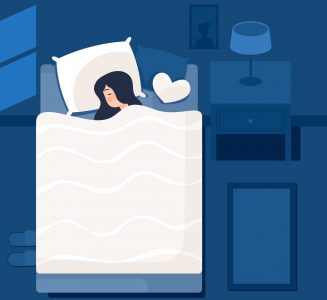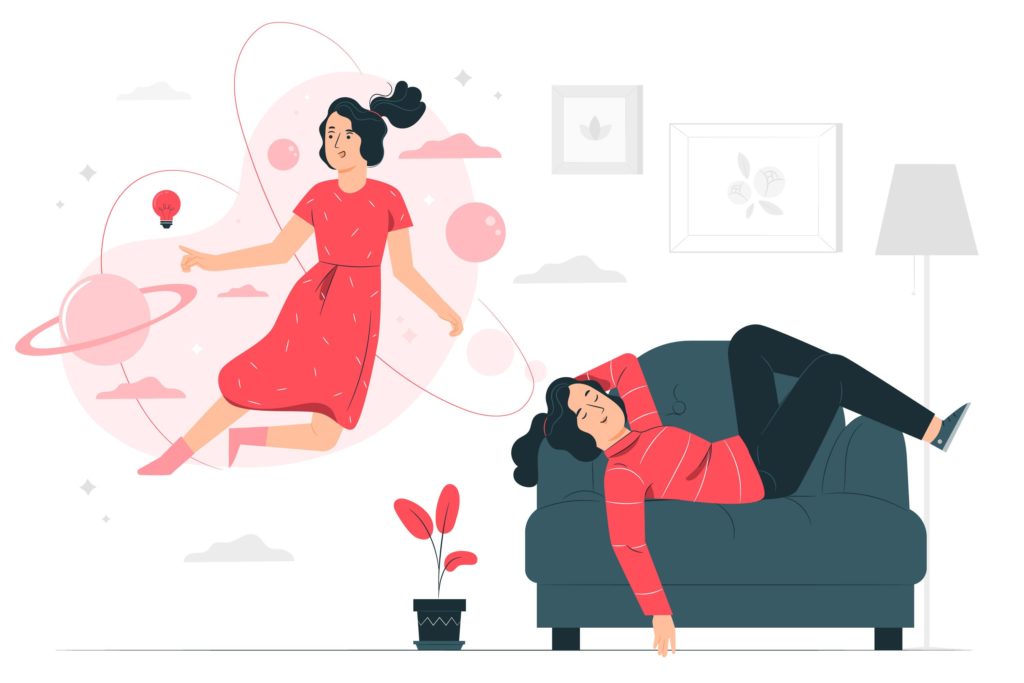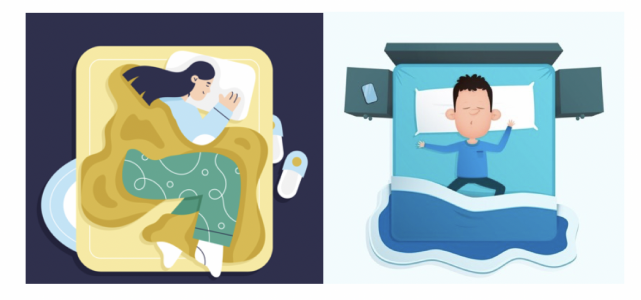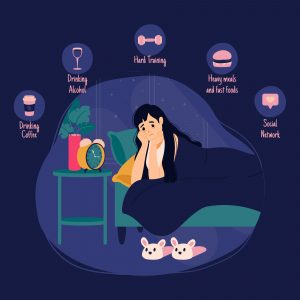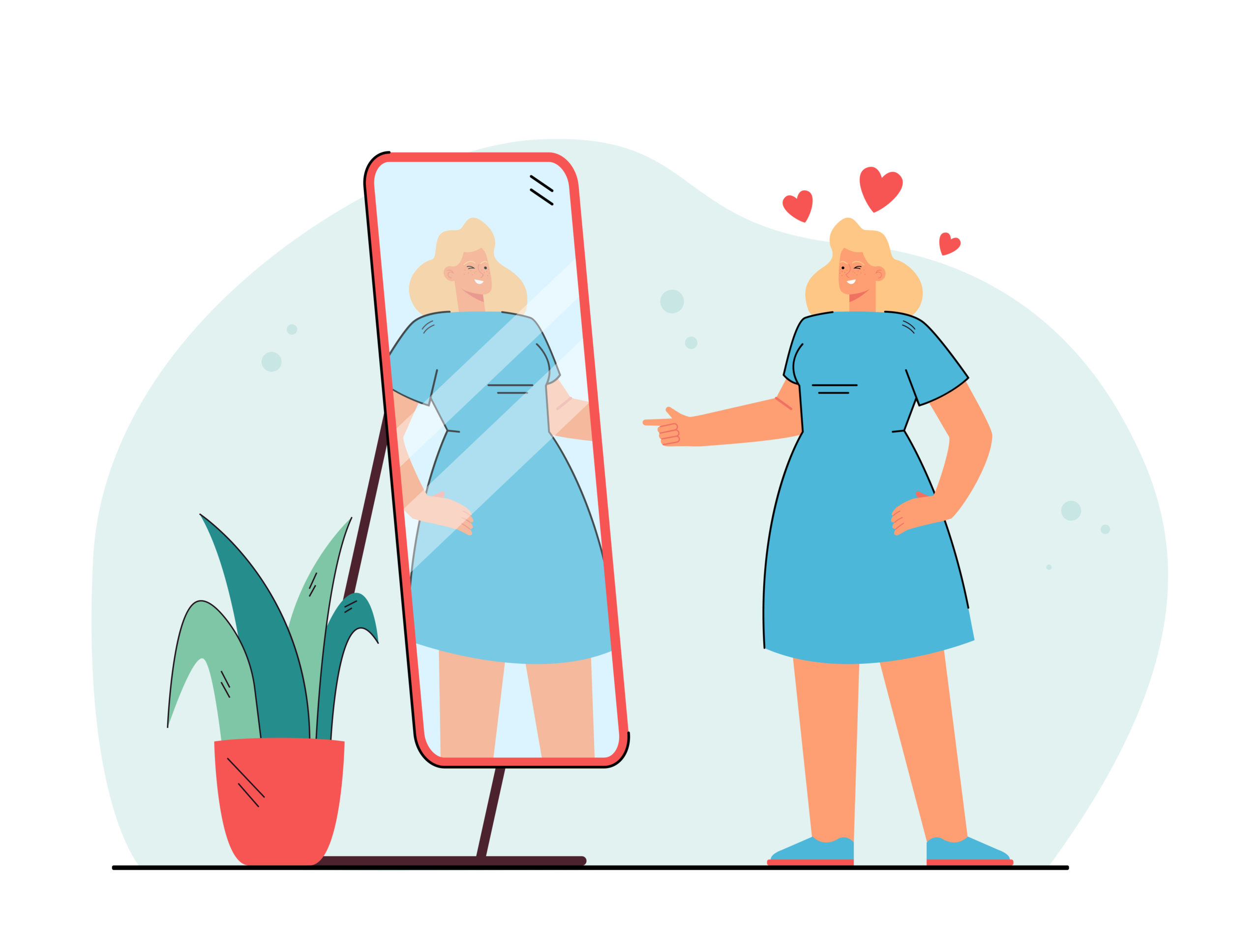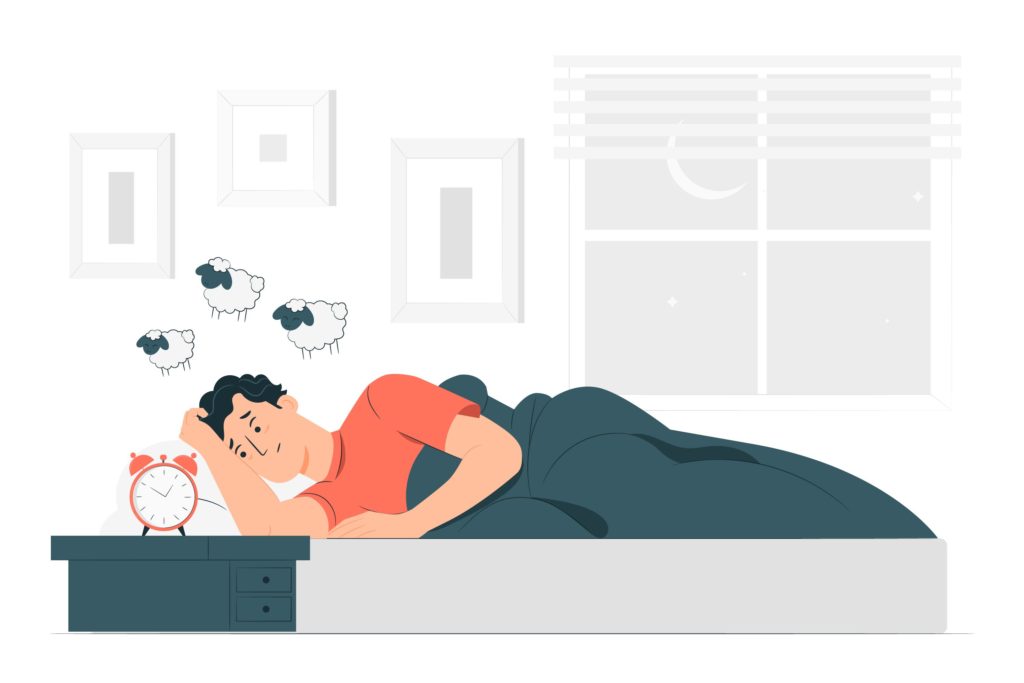
1. Can counting sheep before bed help you fall asleep?
When counting sheep, you pay attention to the numbers. The more attention you paid, the more difficult it is to relax your mind to fall asleep. You should avoid strenuous exercise before bed, and try not to do anything that requires too much mental effort. Using digital devices before bed is especially detrimental to sleep quality because of the delaying effect caused by the blue light emitted from mobile phones.


